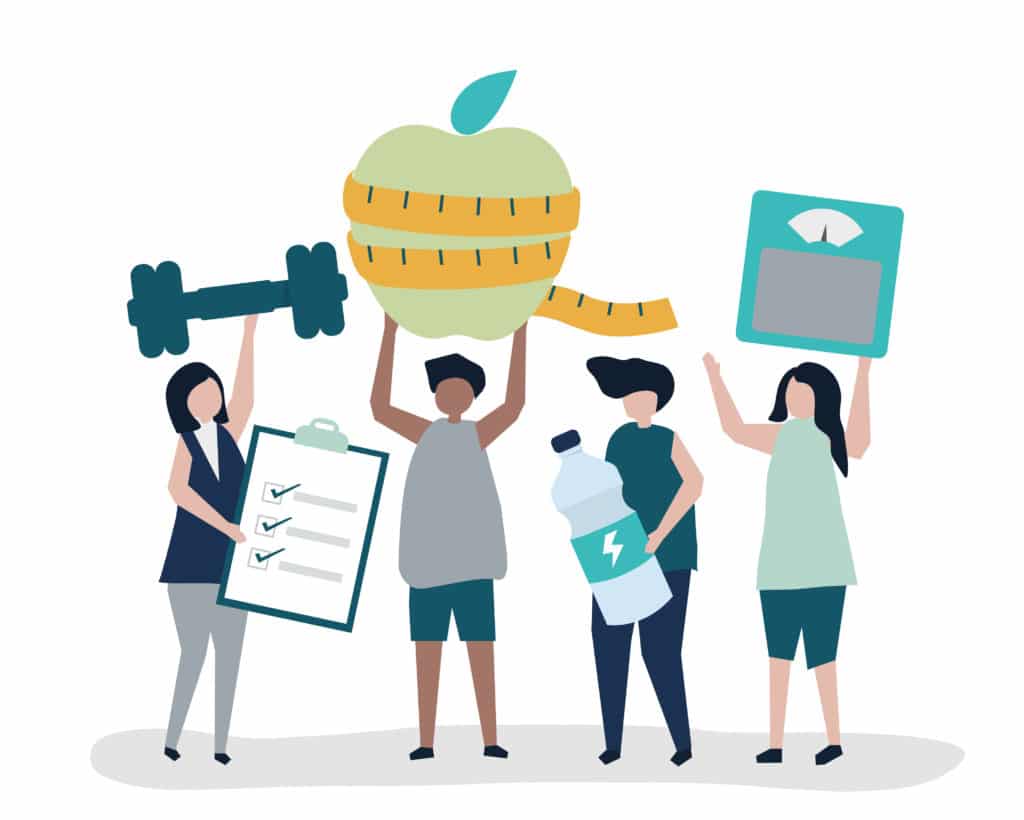
Your diet has a bigger impact on your sleep than most people realize. What you eat, when you eat, and how much you’re consuming can all impact your sleep.
Here at Rested Health, we want to teach you the habits that have the least effort with the most reward. So, without further ado, here’s how to eat your way to better sleep!
TIME YOUR FOOD AND CHOOSE WISELY
Action Plan
Have your last meal around 3 hours before bedtime
The Problem:
Eating too late works muscles that digest and metabolize food when they should be resting, lowering sleep quality and quantity
How to do it
Stop eating within 3 hours of bedtime – food has moved from your stomach to your small intestine by then.
If you must eat avoid high sugar or heavy snacks as they disrupt sleep.
The Science
Food choices and the amount of food consumed during the day are associated with sleep duration. Research has shown that people with a shorter sleep time tend to have higher energy intakes than normal sleepers. In some studies, diets high in fat, even when energy intake is average, have been associated with shorter sleep times. Using slumber as a time to digest food is definitely not an ideal use of restorative hours.
Do your best to select healthy whole foods during the day and follow the 80/20 rule, where you eat well 80% of the time. You can also make a huge difference to the health by keeping consistent meal times. Skipping breakfast and eating irregularly is strongly associated with poor sleep quality. Try keeping a regular eating schedule; this will also help keep your circadian rhythm in check. If you are a person who uses intermittent fasting, it’s fine to skip meals; just keep a consistent eating and fasting schedule.
Finally, for optimal sleep, try to avoid eating within three hours of bedtime if possible. After three hours, the food has moved from your stomach to your small intestine and is less likely to mess up your sleep. If you are a late-eater, avoid heavy or spicy meals that may lead to indigestion or heartburn during the night and stick with sleep-inducing snacks.
Sleep-friendly snacks
Certain foods contain sleep-promoting nutrients like tryptophan and melatonin. Try to keep late-night snacks under 200 calories and aim for things like almonds, tart cherries, yogurt/fage, banana and peanut butter, oats, eggs, edamame, or turkey.
Health Benefits
- Better sleep regulates hunger hormones which means fewer cravings!
- Eating on a regular schedule will also help to regulate your circadian rhythm, improving sleep.
- Get more benefits out of your sleep like brain maintenance, heart health, and more.

Tips
- Try the 80/20 rule where 80% of your daily intake is healthy whole food and 20% is “other”
- Got a sweet tooth? Grab fresh fruit. It doesn’t disrupt sleep the same way as sugary snacks!
- Don’t beat yourself up for falling short of your goals and simply take things one meal at a time.






